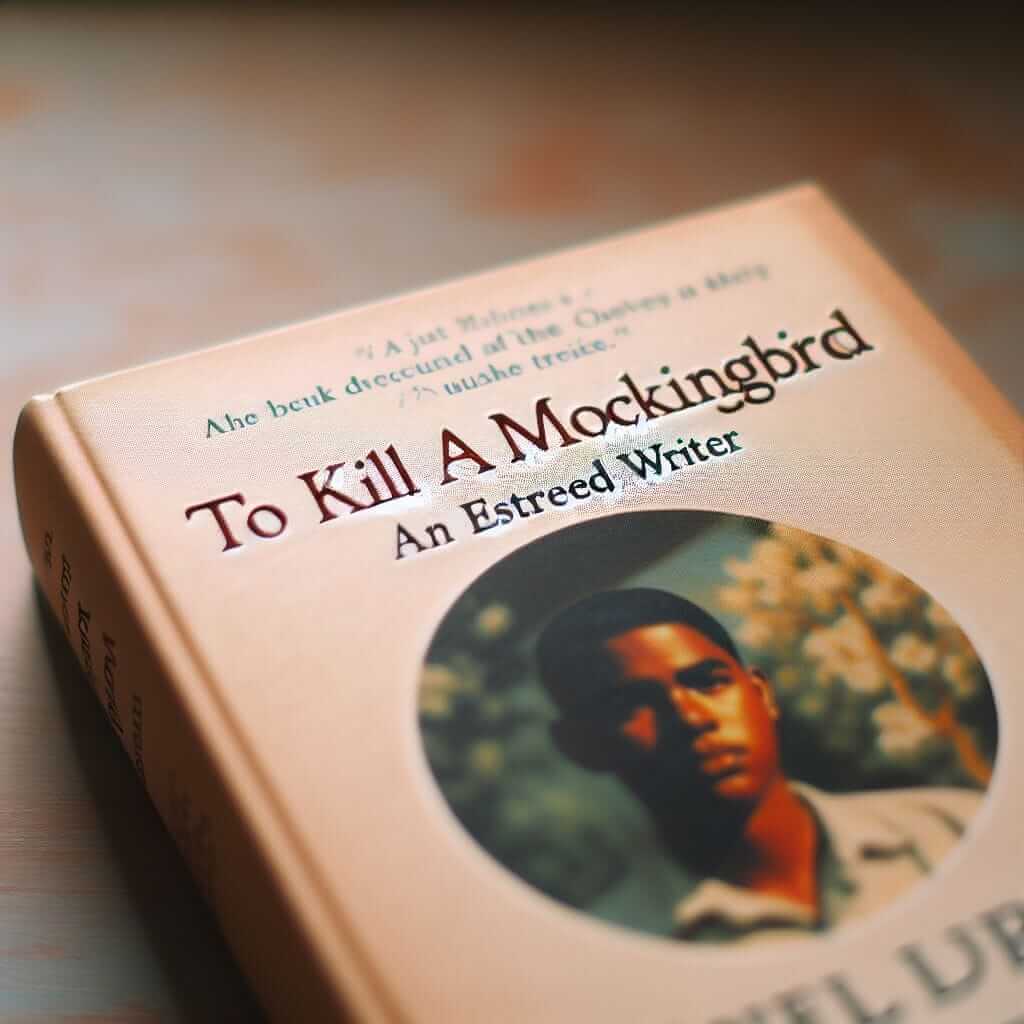As an IELTS instructor with over two decades of experience, I often encounter students who underestimate the power of a simple question: “Do you like reading books?” This seemingly innocuous query can actually be your golden ticket to showcasing your English proficiency in the IELTS Speaking test.
Why Talking About Books Matters in IELTS Speaking
The IELTS Speaking test assesses your ability to communicate effectively in English. While vocabulary and grammar are crucial, examiners are also looking for:
- Fluency and Coherence: Can you speak naturally and connect your ideas smoothly?
- Lexical Resource: Do you possess a wide range of vocabulary to express yourself precisely?
- Grammatical Range and Accuracy: Can you use a variety of grammatical structures accurately?
- Pronunciation: Is your speech clear and easily understood?
Discussing books allows you to demonstrate all these skills. You can delve into different genres, authors, writing styles, and storylines, showcasing your vocabulary and grammatical range. Moreover, sharing your opinions and interpretations of books can highlight your critical thinking abilities and fluency.
Acing the “Do You Like Reading Books?” Question
Here’s how to turn this simple question into an opportunity to shine:
1. Express Your Passion (or Lack Thereof) Genuinely
Honesty is key. If you’re an avid reader, let your enthusiasm shine through! Share your favorite genres, authors, or even specific titles. Explain what draws you to these books and why you enjoy reading.
Even if you don’t consider yourself a bookworm, be honest and explain why. Perhaps you prefer other forms of media or simply haven’t found the right book yet. You can talk about your preferred ways of consuming information, be it articles, documentaries, or podcasts.
2. Showcase Your Vocabulary and Grammar
Instead of simply saying “I like reading,” use more descriptive language:
- Express Preferences: “I’m an ardent fan of historical fiction,” or “I gravitate towards biographies and memoirs.”
- Describe Reading Habits: “I devour novels in a matter of days,” or “I savor classic literature slowly, appreciating the intricate language.”
- Share Opinions: “The author’s vivid descriptions truly captivated me,” or “The book’s thought-provoking themes left a lasting impression on me.”
3. Be Specific and Provide Examples
Instead of vaguely mentioning “a book I read,” cite specific titles, authors, or characters.
- Example 1: “One book that deeply resonated with me was ‘To Kill a Mockingbird’ by Harper Lee. The story’s exploration of racial injustice in the American South was both poignant and eye-opening.”
- Example 2: “I recently finished ‘Sapiens’ by Yuval Noah Harari, and it completely changed my perspective on human history. The author’s ability to condense complex information into an engaging narrative was truly remarkable.”

4. Connect Your Answer to Your Personal Experiences
Relating your reading preferences to your own life adds depth and authenticity to your answer.
- Example: “Growing up in a rural village, I found solace in books that transported me to different worlds and cultures.”
Sample IELTS Speaking Test Dialogue
Examiner: Do you like reading books?
Candidate: Absolutely! I’m an avid reader, particularly drawn to historical fiction and biographies. I find that immersing myself in these narratives not only broadens my knowledge but also offers a fascinating glimpse into different time periods and cultures. For instance, I recently finished “The Nightingale” by Kristin Hannah, a poignant story set during World War II. The author’s vivid descriptions and compelling characters truly brought the era to life, leaving a lasting impact on me.
Tips for Success
- Expand Your Reading Horizons: Explore different genres and authors to develop a well-rounded literary palate.
- Practice Summarizing and Analyzing Books: This will help you articulate your thoughts and opinions clearly.
- Record Yourself Speaking: This allows you to identify areas for improvement in your fluency and pronunciation.
Remember, the “Do you like reading books?” question is an opportunity, not an interrogation. Relax, be yourself, and let your passion for language and storytelling shine through!